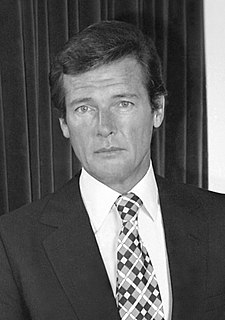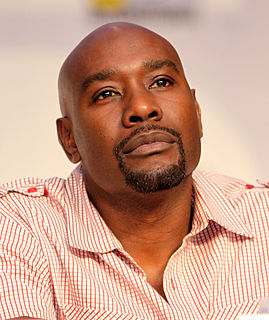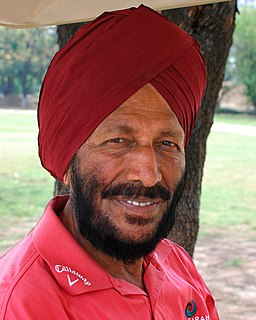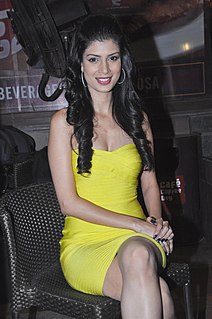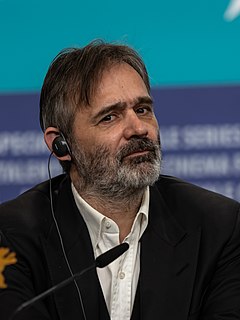A Quote by Alex Garland
The key relationship for writers in film is producers, because those are the first two people involved and the ones who work on it intensely in a private way without the big machinery of film.
Related Quotes
The new Bond film, will be a big, big hit, because every Bond film is an event. Fathers take their sons to it; probably grandfathers. It's been a long time, and I think that the success of Bond is because the audiences have never been cheated by the producers. They always spend every penny, put it on the screen, and then the things that people expect to see in a Bond film - big action scenes, glamorous ladies - it's pure escapism.
There is something that might be called cinematic beauty. It can only be expressed in a film, and it must be present for that film to be a moving work. When it is very well expressed, one experiences a particularly deep emotion while watching that film. I believe that it is this quality that draws people to come and see a film, and that it is the hope of attaining this quality that inspires the filmmaker to make his film in the first place.
It makes it very easy. I have a beginning, middle, and end, and I don't film for long - about 20 hours usually for a two-hour film - so it's easily watchable in a week for me and the editor. Once I know who the characters are, I only film those characters, unless somebody else forces their way into the film by a scene happening to them or we meet them by chance.
I would make a huge distinction between theater improvisation and film improvisation. There isn't much improvisation in film - there's virtually none. The people that theoretically could be good at this in a theater situation don't necessarily do this in a film in a way that will work, because it's much broader on a stage. But in a movie, it has to be real, and the characters have to look entirely real because it's being done as a faux documentary, so there are even fewer actors that can do that on film.


